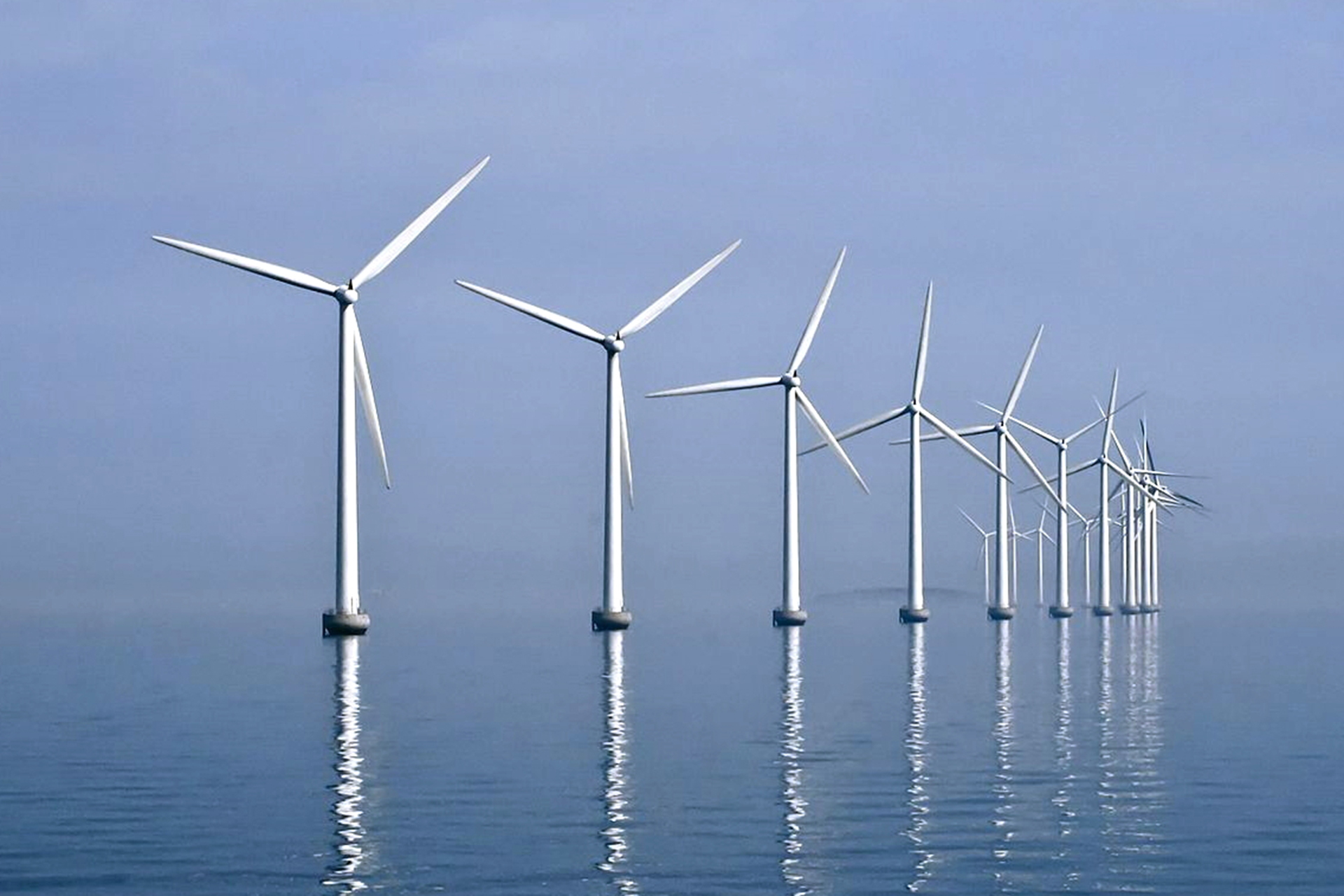Policy Priorities
Mass Audubon Position on Offshore Wind
For Massachusetts and New England, offshore wind offers the most promising opportunity to transition to clean, renewable energy. With dense populations located near the coast, and abundant wind resources located over a shallow continental shelf, this resource can provide a large portion of our energy needs.
Mass Audubon's Position
We support the use of offshore wind through responsible development of wind energy facilities that minimize impacts to wildlife and marine habitats. In fact, it's Mass Audubon's top climate change mitigation priority.
Massachusetts state law requires the Commonwealth to purchase 5,600 megawatts of offshore wind by 2035. Our role in this process is to help ensure the industry grows in a way that will help reduce the worst effects of climate change, without negatively impacting wildlife.
Federal Leasing Program
The US Department of the Interior's Bureau of Ocean Energy Management (BOEM) has developed a leasing program for offshore wind projects in federal waters. Leases have been secured for up to seven projects off the Massachusetts coast. These projects combined have the potential to provide more than 5 GW of energy—enough to power more than 1.5 million homes.
Mass Audubon participates in the public review process for these projects. We've urged BOEM and project developers to take measures to protect important habitats and the marine and bird species that utilize these areas. At a time when offshore wind is growing with unprecedented momentum, it's crucial that BOEM establish sound environmental review and mitigation practices now.
Mass Audubon is a member of New England for Offshore Wind, a regional coalition of environmental and justice organizations, academic and research institutions, business alliances, and labor unions.
Massachusetts Permitting
Although proposed wind facilities off Massachusetts would be located in federal waters, their transmission cables will cross Massachusetts waters and connect to the land-based grid. For those cables, state-level permitting is required, and Mass Audubon participates in that review process as well.
We've recommended that these projects follow proposed routes that would limit impacts to fish spawning areas, horseshoe crabs, and other benthic resources, and that they address the full range of potential impacts on all bird species known to forage and rest in or near the project area. We also support a coordinated approach to an integrated offshore transmission grid with neighboring states. This will minimize impacts both in the ocean and on land compared to installing individual cables for each project.
Wind & Wildlife
Concerns exist over wind energy's impact on birds and other wildlife. That's why Mass Audubon supports responsibly-sited wind projects and advocates for all prospective offshore wind projects to be designed to avoid, minimize, and mitigate impacts to wildlife and marine habitats.
But climate change is by far the biggest threat to all birds living today. In Mass Audubon's most recent State of the Birds report, 43% of 143 breeding bird species in Massachusetts were categorized as "highly vulnerable" to the effects of climate change.
We need offshore wind to reduce emissions as we work to combat climate change. With appropriate design, siting, and mitigation, the industry can grow as Massachusetts does its part to combat the impacts of global climate change.



